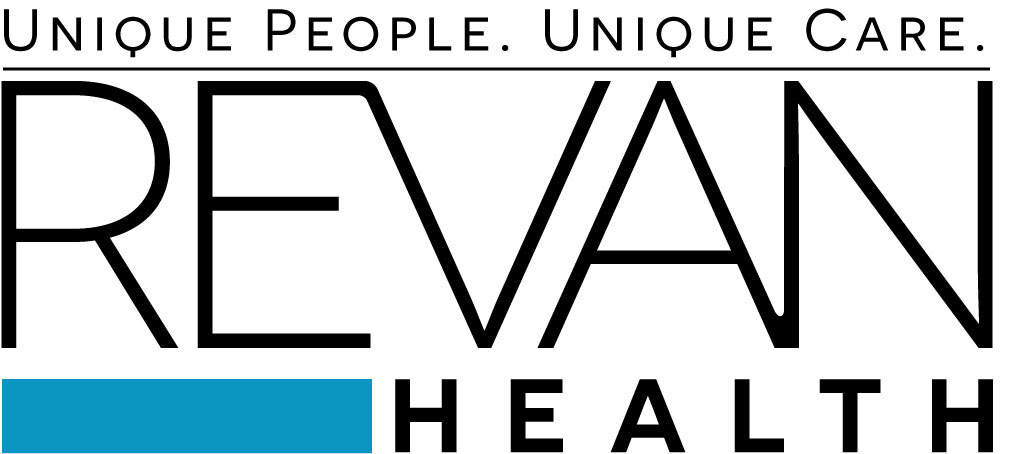By their very nature plant-based diets focus on foods that are low in calories and high in fiber, two qualities that can help you maintain a healthy lifestyle. Plant-based foods are also usually high in antioxidants and other beneficial compounds that help reduce inflammation in the body. To make the most of your plant-based diet, be sure it’s made up of minimally processed plant-based foods when possible.
Some switches you may consider:
· whole grains instead of refined grains
· beans, peas, tofu or tempeh instead of meats
You can also just increase some foods like:
· fresh fruits and vegetables
· nuts and seeds
If you’re considering adapting your food habits, here are some of the benefits you can expect to reap by adopting a diet of mostly plants.
1) Regulate cholesterol and blood sugar
Plant foods tend to be low in saturated fat and high in unsaturated fats, which can help you maintain a healthy weight. The soluble fiber found in plant focused diets can also help lower cholesterol, regulate weight and help control blood sugar. Check out this blog from our pharmacy partner Revan Rx about additional ways to reduce bad cholesterol and increase good cholesterol.
2) Control type 2 diabetes
Research recently published by the Journal of the American Medical Association (JAMA) showed that embracing a plant-based diet is a crucial factor in the prevention of developing type 2 diabetes.
The report states, “Plant-based dietary patterns, especially when they are enriched with healthful plant-based foods, may be beneficial for the primary prevention of type 2 diabetes.”
The study also found that when people consumed higher amounts of vitamins, minerals and antioxidants through plant foods and lower amounts of red meats and processed meats, their risk of developing type 2 diabetes dropped.
3) Decrease risk of heart disease
Plant-based foods are super beneficial for heart health, leading some experts to suggest that a plant-based diet may offer significant protection against heart disease. Upping your intake of fruits, vegetables, whole grains, nuts, seeds and legumes and lowering saturated fat, salt, refined sugar and processed meats may help reduce heart disease risk.
On the whole plant-based diets have been consistently linked to a lower risk of heart disease Generally, the higher the proportion of plant-based foods in the diet, the higher the degree of protection. But you don’t necessarily have to exclude all animal products to experience the benefits.
Research shows that different plant-based diets like vegetarian and Mediterranean, which are rich in plant-based foods but also can include fish, eggs and some dairy, can significantly reduce the risk of heart disease and may help improve other aspects of health as well. If you do want to keep some meat in your diet, the American Heart Association recommends picking fish and lean meats over red or processed meats.
“Plant-based” everything is everywhere right now it seems, and many people assume that means veganism, but it doesn’t have to be that extreme. Just focusing eating mostly “real” food, including some animal protein and carbohydrates. Or even just start with one meal a week.
About Revan Health
Revan Health provides welcoming, respectful family medicine for all from infants to geriatrics. We understand the pain and frustration that comes with not feeling heard by your family care provider. We believe access to respectful care is key to improving medicine adherence and overall life satisfaction for our patients. Like us on Facebook (link) or visit us at revanhealth.com.
Sources
https://www.ahajournals.org/doi/full/10.1161/CIR.0000000000000950
https://www.ncbi.nlm.nih.gov/pmc/articles/PMC6089671/
https://pubmed.ncbi.nlm.nih.gov/33544561/

